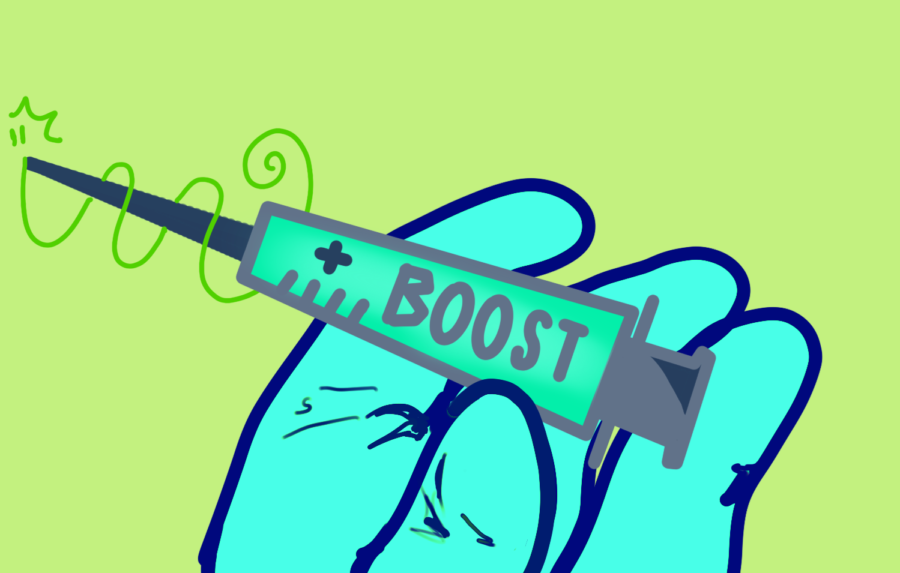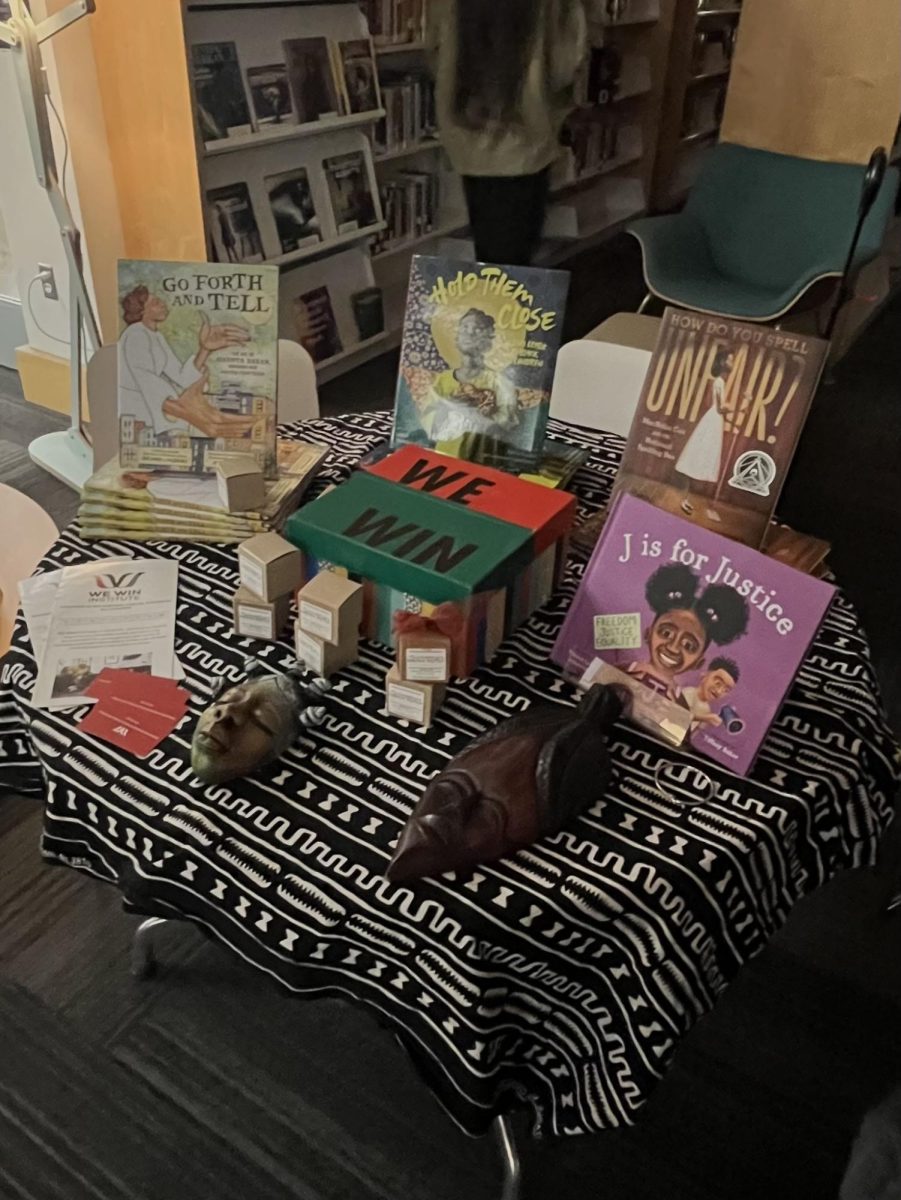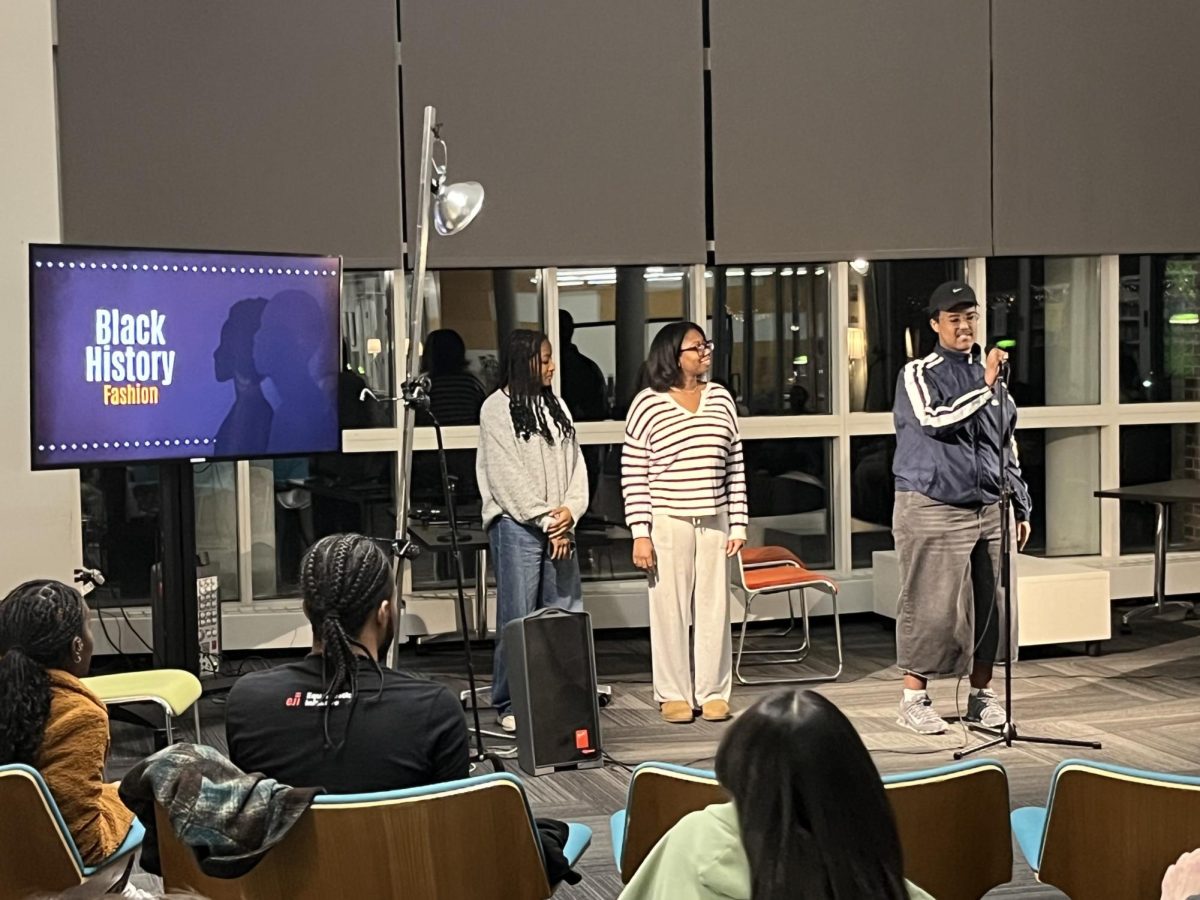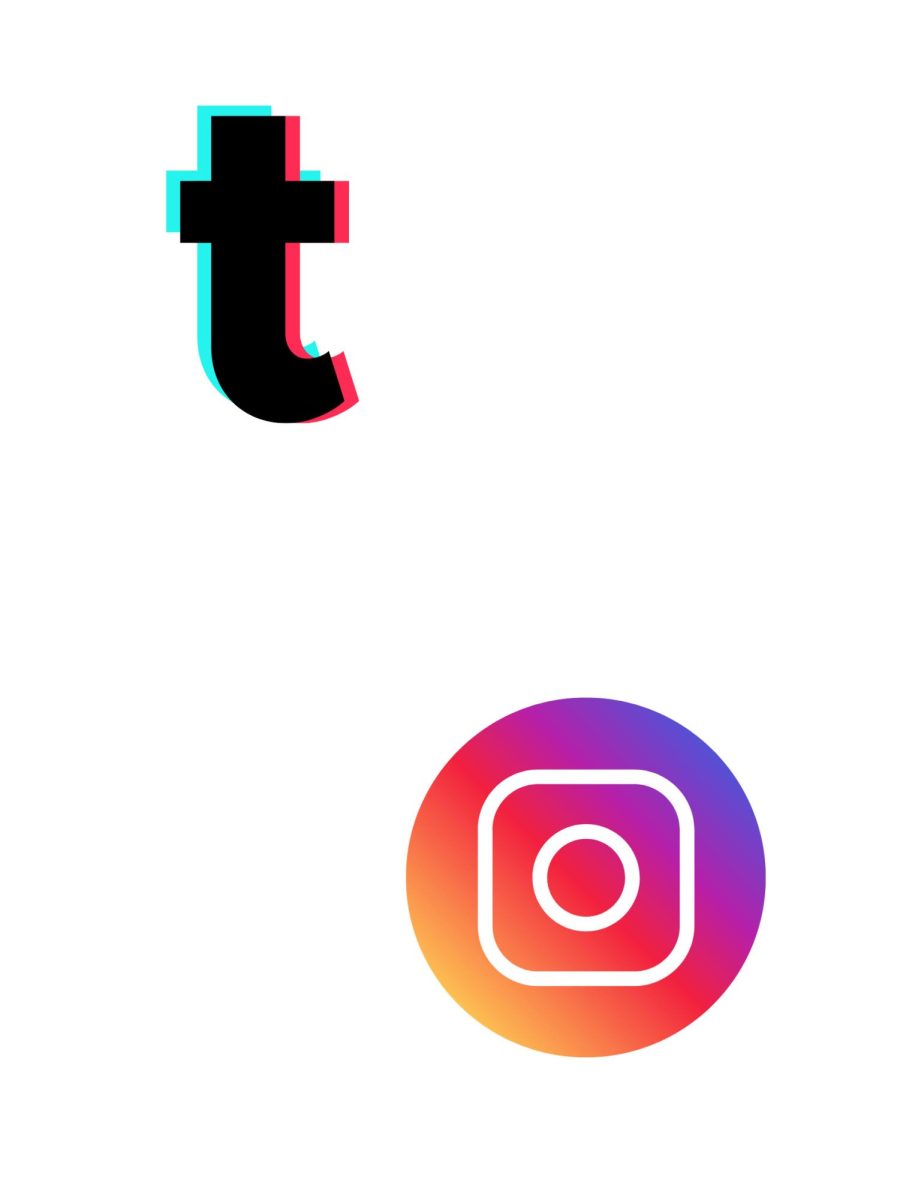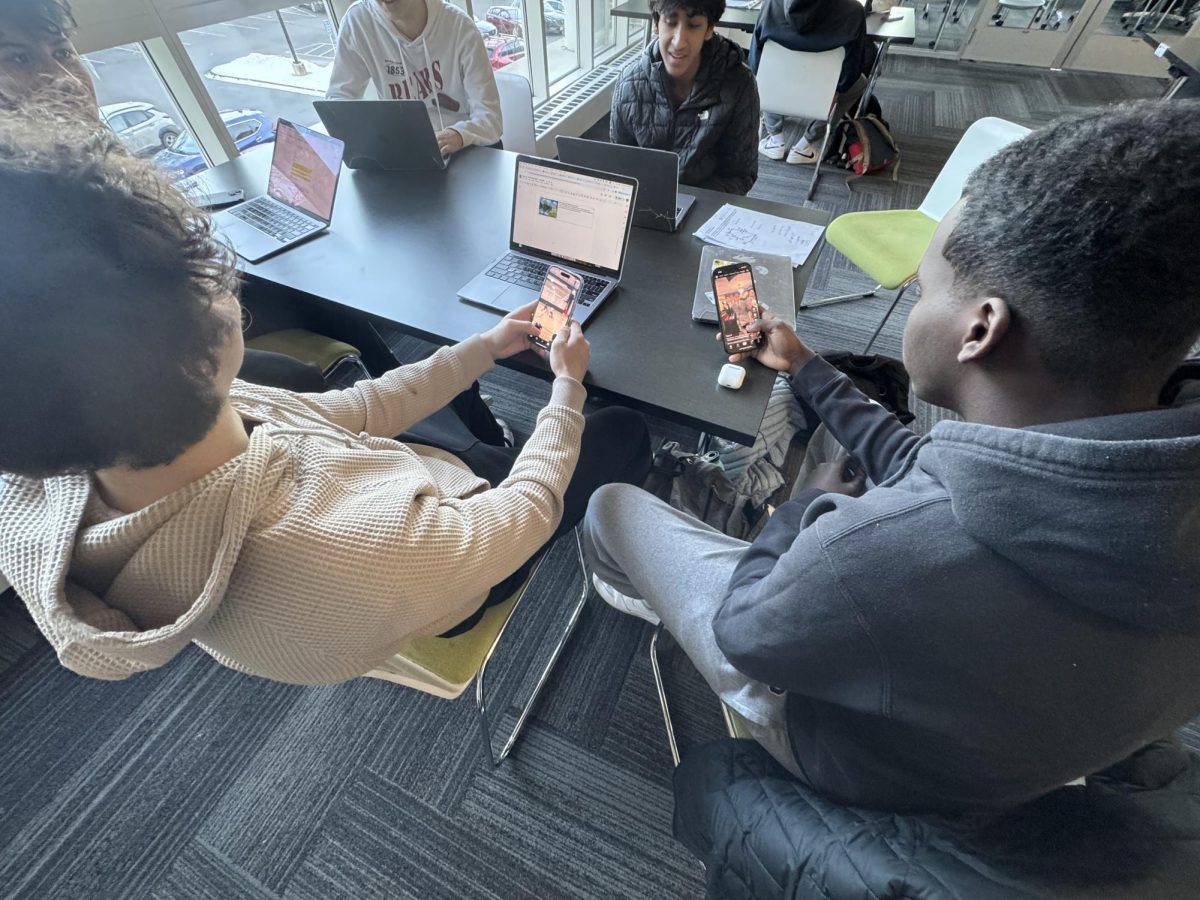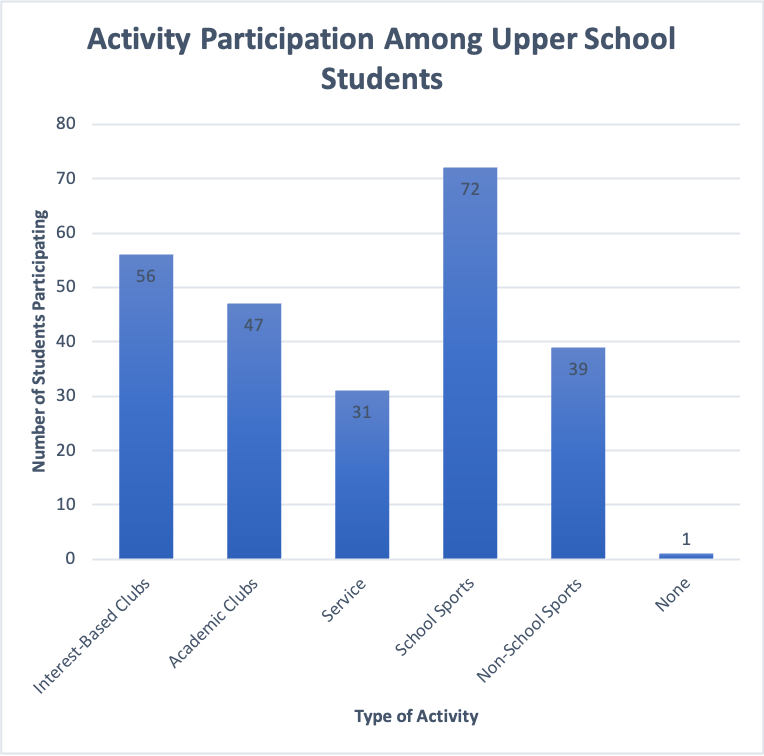The recent rises in COVID-19 cases make it more important than ever to do everything possible to stay in school and avoid getting sick. The booster shot offers one of the best methods to avoid getting COVID. With rising cases, more and more students are missing school and sports during the 10-day quarantine. While it may seem there is little more that can be done to avoid COVID, the booster is one of the best measures available.
The booster shot helps prevent contracting new COVID variants, as well as lessen the severity of symptoms. The booster’s antibodies react faster than the original vaccine which provides more protection against new variants such as Omicron. The booster is available 6 months after receiving the second vaccine and adds faster-acting protection against COVID. The original vaccine doses are less successful against new variants such as Delta and Omicron.
The vaccine by itself is an effective way to keep yourself and others safe, however, new variants and a rise in cases lower the effectiveness of the vaccine alone. With new variants, an extra shot boosts the effectiveness of vaccines. The shot reduces both the spread and contraction of the virus. COVID outbreaks inside and outside of school can be diminished considerably if everyone receives the booster shot.
An extra shot can significantly decrease the possibly dangerous symptoms of the Delta or Omicron variants. Although it may be difficult to find an appointment for the booster shot, it can pay off greatly later on. Not only does the booster act much faster than the original vaccine, but it also covers the imperfections of the original vaccine against new variants.
The booster has been approved recently for students under 18. It may prove more difficult to find an appointment for the shot, however, the benefits far outweigh any cons. When asked about the booster shot, Aidan Schmidt ‘24 says, “I do not have the booster, but I plan to get it soon … I also think people should get it as soon as they can.” The pros of the booster far outweigh the possible downsides. While the side-effects of the booster may vary, often the reaction to the booster is similar to that from the original vaccines. AJ Khan ‘23 explains his symptoms of the shot: “I had a sore arm and a little bit of a fever … I expected my reaction to be similar to the first shot.”


